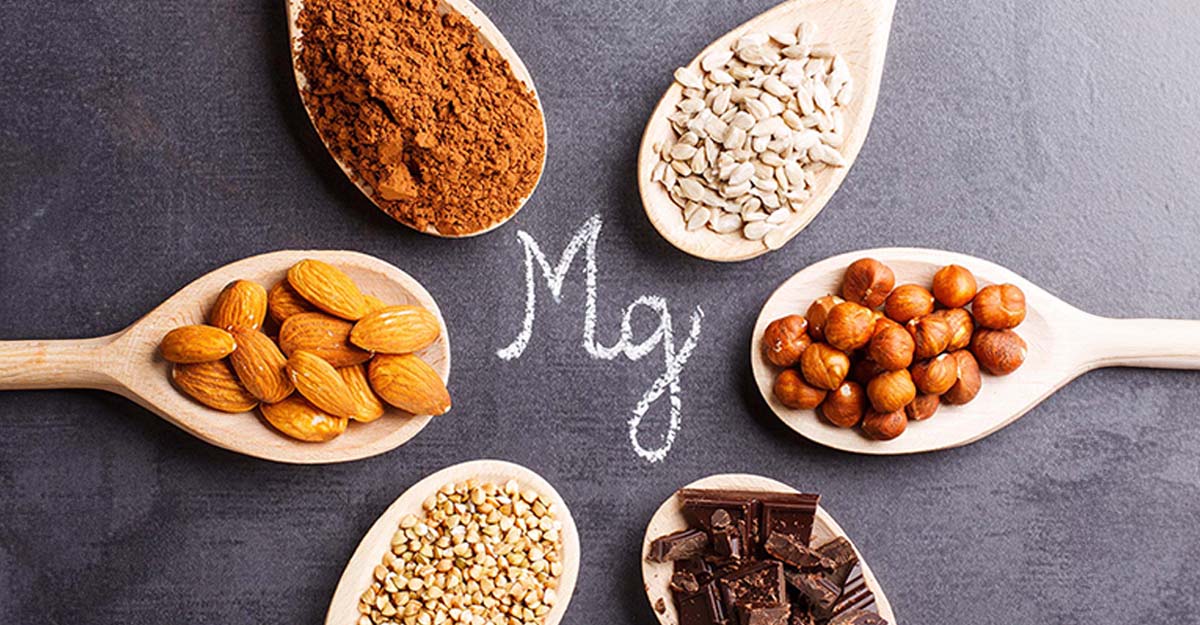Cardiovascular diseases like a stroke or heart attack are two of the main contributors to death in early adulthood across the globe. A heart attack is the number one killer in the United States. Cardiovascular diseases are due to multiple factors that culminate in inadequate blood supply to organs and failure of the heart to pump effectively among a host of other effects. Prevention is undoubtedly the best cure and cardiovascular health requires multiple approaches – in diet, lifestyle and medical care.
With advances in medical science, a better understanding of the biochemical processes that contribute to cardiovascular diseases has opened the avenue for more definitive preventative measures. Maintaining a healthy body weight, reducing the intake of saturated fats, exercising regularly and frequent medical checkups are indispensible measures in maintaining cardiovascular health. These measures are broadly known as modifiable risk factors because it can be changed, unlike with genetics. Micronutrients are also known to play an integral role and may in fact be as important as other preventative measures.
One such micronutrient is coenzyme Q10 (CoQ10), which has become somewhat synonymous with maintaining cardiovascular health. Numerous studies have shown that Ubiquinol (the reduced form of CoQ10) can help the heart and blood vessels in a number of ways. Ubiquinol has been shown to increase the heart’s ejection fraction which is a measurement of the heart’s strength.
Ubiquinol Is a Form of CoQ10
Ubiquinol (http://ubiquinol.org/supplement-info) is the reduced form of CoQ10. It is a potent antioxidant that is more readily absorbed into the system. Traditional supplements deliver CoQ10 in its oxidized form known as ubiquinone. While this is still the same important nutrient, ubiquinol is the preferred form of CoQ10 for a number of reasons. Apart from being produced within the body, CoQ10 is also sourced from various foods, particularly animal products.
Around the age of 30, the natural CoQ10 levels decrease and continue to diminish with advancing age. Interestingly, cardiovascular conditions become more common after the age of 30. Diet, lifestyle and genetics are the major contributing factors. But up until recently, CoQ10 was largely ignored for its role in cardiovascular health.
Benefits of Ubiquinol
The exact mechanism by which ubiquinol protects the cardiovascular system is not fully understood. Various studies have shown an improvement in heart health with ubiquinol supplementation and a lower incidence of side effects from drugs used to treat cardiovascular diseases. As an antioxidant, ubiquinol protects the cells against free radical damage, a part of oxidative stress. Free radicals are constantly being produced in the body and have to be neutralized to limit it deleterious effects.
The heart has the highest amount of Ubiquinol. A decrease in ubiquinol levels means that heart muscle cells have less energy to function optimally. Similarly free radical damage may be responsible for the initial injury to the inner linings of arteries. Subsequently fatty plaques form in the arterial walls thereby leading to narrowing – a condition known as atherosclerosis. Since a heart attack and stroke, the major cardiovascular conditions, primarily develop due to atherosclerosis of respective arteries, preventing fatty plaque formation is an important step in maintaining cardiovascular health.
The heart and blood vessels do not exist in isolation in the body. Diseases of other organs and through indirect mechanisms may also impact the cardiovascular system. However, by ensuring the strength and integrity of the heart and blood vessels, these organs should be able to cope to with any stress – be it direct or indirect.
Other Effects of Ubiqionol
Widespread research encompassed in a host of different studies has verified the clinical relevance of CoQ10. With ubiquinol now being available, it is the preferred form for supplementation in the effort to support heart health.
- Ubiquinol is an important component of energy production. In its presence, the powerhouse of the cells known as mitochondria is able to produce energy more efficiently. This in turn can translate into improved energy levels, a major factor that differentiates people who are sedentary from those who are active. Consequently, people who are feeling more energetic are more likely to exercise – an important component in maintaining cardiovascular health.
- Lower levels of ubiquinol have been recorded in people with high blood cholesterol (http://ubiquinol.org/managing-cholesterol). While the correlation between low ubiquinol and high cholesterol levels have not been ascertained, ubiquinol is known to reduce some of the side effects associated with cholesterol-lowering drugs known as statins.
- Invasive heart procedures like coronary bypass surgery and heart transplantation are lifesaving procedures. However, free radical damage to the heart may be heightened after these procedures. Antioxidants has been linked with improved outcome following surgery by reducing free radical damage to the heart, improving cardiac function and minimizing the chances of irregular heart beat (arrhythmia).
- Some studies suggest that ubiquinol may improve cardiovascular health. It is by no means a treatment for heart failure but interestingly, the levels of ubiquinol in people with congestive heart failure has been seen to be lower than normal.
Learn more about cardiovascular health and how to purchase Ubiquinol at Ubiquinol.org
* These statements have not been evaluated by the Food and Drug Administration. The products mentioned are not intended to diagnose, treat, cure, or prevent any disease.







